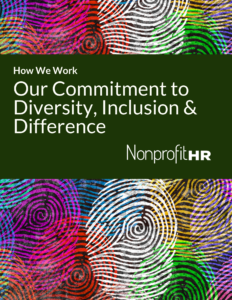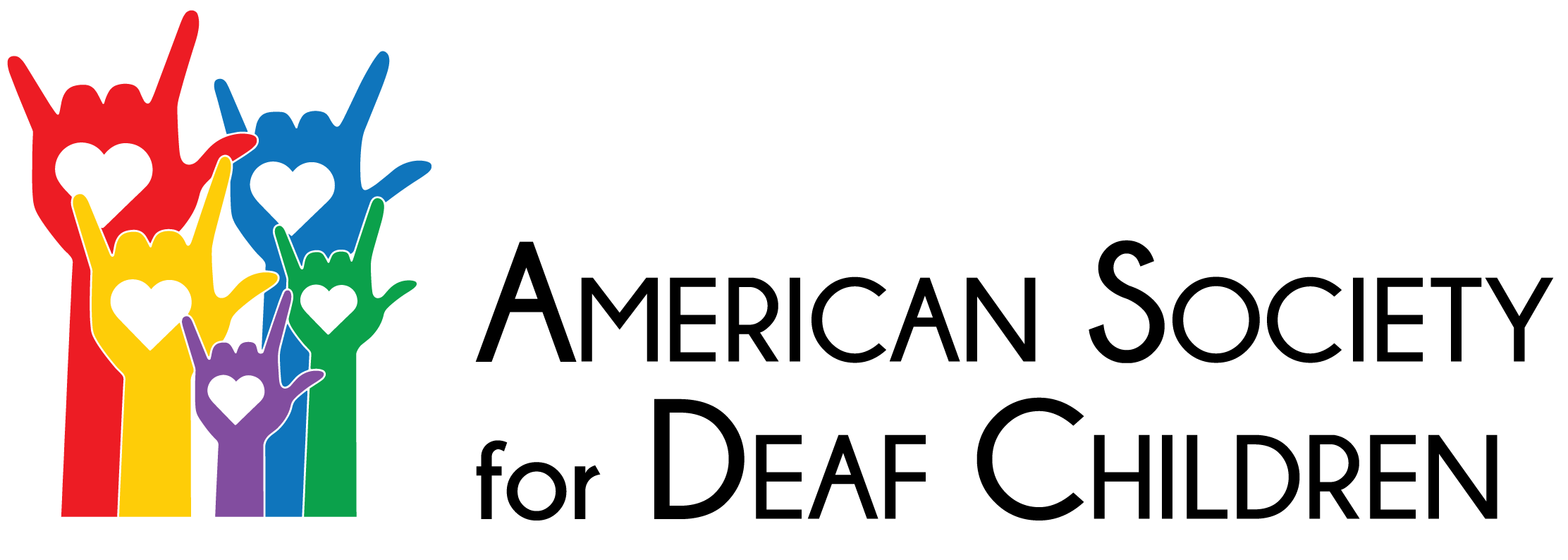Nonprofit HR
Executive Director (American Society for Deaf Children)
Remote - Full Time
Job Title: Executive Director
Organization: American Society for Deaf Children
Reports To: Board of Directors
Compensation: $88,000 to $95,000
Position Type: Full-Time Employee
Location: Remote, with some travel
About ASDC
American Society for Deaf Children (ASDC) is the oldest national organization founded by and governed by parents of Deaf children. ASDC was founded in 1967 as a parent-helping-parent organization, originally called The International Association of Parents of Deaf Children. The organization changed its name in 1985. Today, ASDC is a national, independent non-profit organization whose purpose is providing support, encouragement, and information to families raising children who are Deaf or Hard-of-Hearing. ASDC depends solely on donations, memberships, and proceeds from conferences for operations. ASDC recognizes the crucial role families play in the success of children who are Deaf or Hard-of-Hearing. We affirm that families are capable and willing to guide their children’s lives. Parents have the right and responsibility to participate in decisions regarding their children’s educational and social development. ASDC supplies the information and support families request to ensure that their decisions and actions are based on up-to-date and accurate knowledge. ASDC is committed to empowering all families with Deaf and Hard-of-Hearing children and youth by embracing full language and communication access in inclusive environments through mentoring, advocacy, resources, and collaborative networks.
Position Summary
The Executive Director serves as the chief executive officer reporting directly to the Board of Directors. This position provides leadership, direction, and oversight for all organizational operations, including strategic planning, fundraising, financial management, and program development. The Executive Director will work closely with the Board of Directors to guide the organization’s vision, strategy, and growth. The Executive Director oversees all staff and contractors, ensuring alignment with ASDC's mission to empower Deaf and Hard-of-Hearing children and their families. Candidates can be fluent or familiar with ASL, parents of Deaf children, or Deaf/Hard-of-Hearing individuals themselves.
Key Responsibilities
Leadership and Strategy:- Provide visionary leadership in developing and implementing the organization’s strategic plan in collaboration with the Board of Directors.
- Lead all organizational initiatives, ensuring that programs and services align with ASDC’s mission and goals.
- Directly oversee the management of all ASDC staff, including the Director of Marketing, Program Manager, Latino Outreach Coordinator, Membership Coordinator, and ASL Teachers/Interpreters.
- Ensure that staff and contractors are provided with the resources and support necessary to perform their duties effectively.
- Serve as the primary liaison between the Board of Directors and ASDC’s operations.
- Provide regular reports to the Board on organizational performance, including financial status, program outcomes, and strategic objectives.
- Work with the Board to develop governance policies and ensure accountability across the organization.
- Lead fundraising efforts, including donor relations, grant writing, corporate sponsorships, and special events, to ensure financial sustainability.
- Oversee the implementation of fundraising strategies, ensuring alignment with organizational goals.
- Develop and manage the organization’s budget in collaboration with the Board of Directors and the Bookkeeper/Accountant.
- Ensure that financial practices comply with applicable laws and regulations, and report regularly to the Board on financial status.
Monitor financial performance and make adjustments as needed to ensure long-term sustainability.
- Oversee the development and delivery of all ASDC programs, ensuring they meet the needs of the Deaf and Hard-of-Hearing community.
- Work closely with program managers to evaluate and improve the effectiveness of ASDC's services.
- Represent ASDC in the broader Deaf community, advocating for the organization’s mission and building relationships with stakeholders, donors, and partners.
- Serve as the public face of ASDC at key events, conferences, and meetings.
Qualifications
- Proven experience in a senior leadership role, preferably in a non-profit or advocacy setting.
- Strong background in fundraising, financial management, and strategic planning.
- Proven ability to manage diverse teams and provide strong organizational leadership.
- Excellent communication skills, both written and verbal, with the ability to build relationships with donors, partners, and the Deaf and Hard-of-Hearing community.
- Fluency or familiarity with American Sign Language (ASL) preferred.
- The candidate can be a parent of a Deaf child, or someone who is Deaf/Hard-of-Hearing.
- Experience working with a Board of Directors and overseeing multiple departments is preferred.
Physical Requirements
- Prolonged periods of sitting at a desk and working on a computer.
- Occasional travel to meetings, conferences, and events as required.
Our Commitment to Diversity, Equity, Inclusion & Belonging

Nonprofit HR is committed to fostering and maintaining a work environment where diversity, equity, and inclusion (DEI) are fully integrated into everything we do for the benefit of our employees and the clients that we serve. To fully realize our goal, we prioritize our understanding of the complexities of DEI within our workforce to inform our approach to talent management. We believe that this guides how we do our work, advise our clients to operationalize DEI and position our content and educational opportunities help strengthen the talent management capacity of the social impact sector.
Continue reading our about our commitment at nonprofithr.com/deinow.

